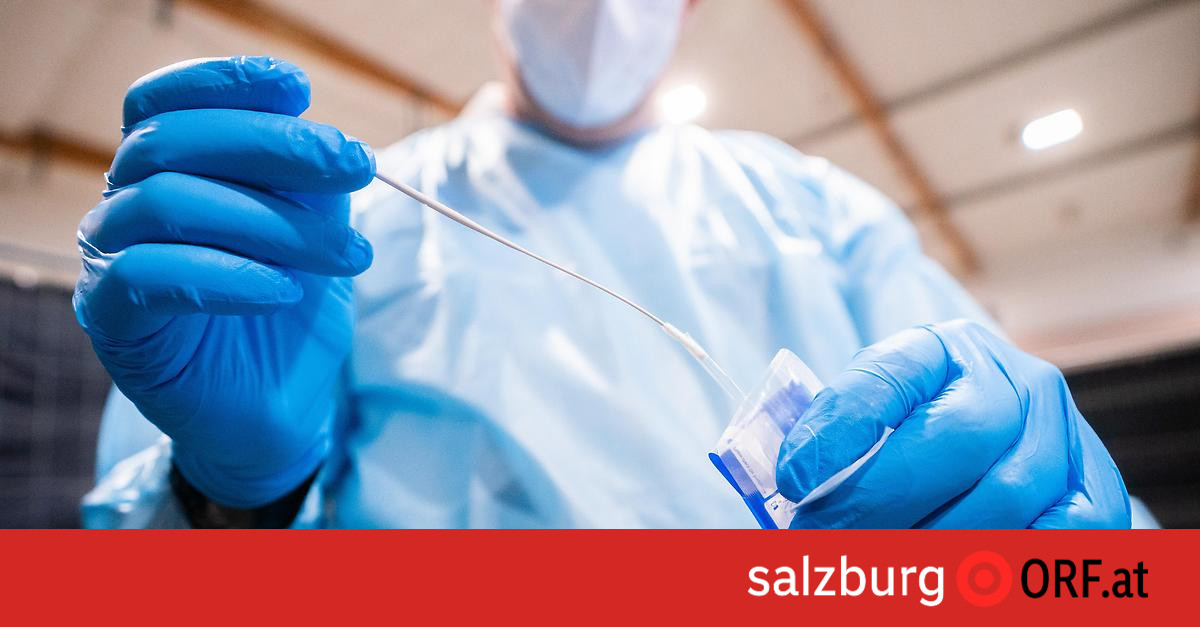The voice of Galicia
The voice
04/02/2021 05:00 h
–
–
–
Today is World Cancer Day, a global pandemic that generates 275,000 new cases annually in Spain alone and claims the lives of 130,000 people. Covid-19 is hitting hard on patients who suffer from some type of tumor, as is being alerted these days from the community of doctors and researchers.
The co-director of the Department of Medical Oncology at the University of Navarra Clinic, Ignacio Gil Bazo, argues that as a consequence of the current health crisis, some treatments will cease to be curative to be palliative. A tumor that progresses without treatment reduces the window of opportunity, limits the purpose of the treatment itself, since it can go from being curative to palliative and negatively affects the patient’s later quality of life, he acknowledged in an interview with the Efe agency.
This week it was known that the diagnosis of new cases has fallen by 20% due to the coronavirus, but Gil Bazo warns that that number has not reached the ceiling. When the third wave ends, we will be around 30% because because of fear, many people have stopped going to breast, colon or lung cancer screenings.
Coinciding with the celebration of Cancer Day, the World Health Organization has published a report with the tumors that cause the highest mortality. The cancer that causes the highest number of deaths worldwide is lung cancer (18.4% of all deaths), colorectal (9.2%), stomach (8.2%), liver (8, 2%) and esophagus (3.4%). The readings of these figures reveal that four of the seven most common cancers in such deaths are of the digestive system.
In Spain, the number of deaths from digestive cancer was distributed as follows: 11,265 colorectal cancer, 7,120 pancreas, 5,053 stomach, 5,141 liver and 1,824 deceased esophagus. The estimate of the number of new cases of cancer of the digestive tract that will be diagnosed in Spain by 2020 was: esophagus 2,383, stomach 7,577, colorectal cancer 44,231, liver 6,595 and pancreas 8,338, according to the figures published by the Spanish Society of Medical Oncology ( SEOM).
Brussels yesterday announced an ambitious investment plan to fight cancer. The EU plans to allocate up to 4,000 million euros over the next few years to measures for early detection, improvement of the quality of life, prevention or diagnosis and treatment of this disease, which in 2020 will kill 1.3 million Europeans . The plan is structured in four large areas, which include ten initiatives to be developed during this decade. Among them, for example, the creation in 2022 of a Cancer Knowledge Center to help coordinate initiatives at the continental level.


